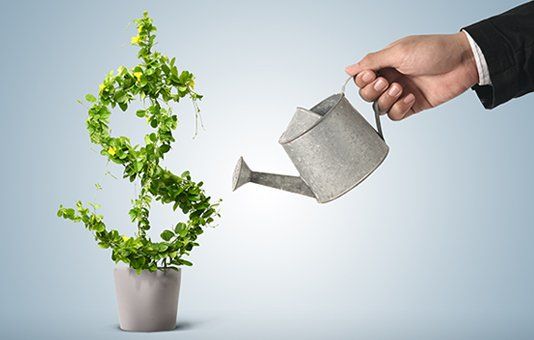Most Americans have dreamed of owning a home one day. It is a large part of the American dream. The truth is home ownership is not for everyone and is a very big decision. Before you go running into your first home mortgage head first, let's talk about the pros and cons. More importantly, let's talk about how one route might be better than the other given current circumstances.
Ownership Pros
I am a huge believer in home ownership. I am also someone who went running into my first home mortgage head first without much thought. Luckily there were people in my life to help guide me. Owning a home has the potential to be a great asset when used right.
1. You have to think of your first house as just that, your first house. It is not your forever house. Do not fall in love with it. Why? Because love is expensive and you will over pay. Money is made on the purchase of the house by being a good deal. If you pay too much, you are already starting with a headwind.
2. It is a great forced savings vehicle. Let's be honest, if there is extra cash lying around it will be spent. Principle payments are a great way to put your hard earned money towards something that has a good chance to appreciate in value. It is best to do a 15 year fixed mortgage and pay it off as fast as possible. This will save you a lot of money in interest.
3. Ownership provides options. These options are as endless as your creativity. As a single man, I rented out rooms and storage space. This provided me with an additional $10,200 in income per year. There is also no approval necessary from someone before painting or making renovations in your home. Here is a decent article that talks about additional pros of ownership, "10 Reasons to Buy Instead of Rent".
Renting Pros
1. Home ownership is not a one or two-year thing. The reason is because of the upfront expenses. The expenses are in the form of closing costs and interest. According to Zillow, the average buyer pays roughly $3,700 in closing fees. Plus, the bulk of interest is paid in the beginning years of the loan. A 30-year 4% fixed rate $200,000 loan will cost you $143,735 in interest over the life of the loan. This becomes even more expensive every time you move because the process starts all over again.
2. You do not have to worry about maintenance. This burden falls to your landlord. If the AC breaks, the landlord pays for it and you do not have to worry about finding the best person to fix it at an affordable price. According to a U.S News Money article, the average homeowner will spend between 1 to 4 percent of a home's value annually on maintenance and repairs.
3. You have freedom to move whenever you please. You do not have to worry about being underwater in your home. Underwater means that you owe more than it is worth. The financial housing crisis of 2008 is a perfect example of this. If I wanted to sell my house in 2010 it would have cost me $20,000 out of my pocket. This was because the property value dropped $20,000. Many people lost their jobs during this time. No income meant they could not afford the payments. On top of that, their homes were worth less than they bought it for. This is a very scary thing. Here is a great article by CBS Money Watch against the reasons to buy a home called "Dumb Moves That Sound Smart: Buying a House".
Let's sum this up in some easy ways to apply this to your life.
- Owning is an option if you plan to remain in an area for a minimum of 5 years. Think long run or marathon race.
- Buy smart, not with your heart.
- The faster you pay it off, the more you save.
- Rent when you are unsure of the next couple years and save for when you decide it is time to buy. Newly married couples please to not speed read past this.
- Decide if you want to hassle with the added work of being a home owner.
If you need help figuring out your plans, let us know. It is what we do.

